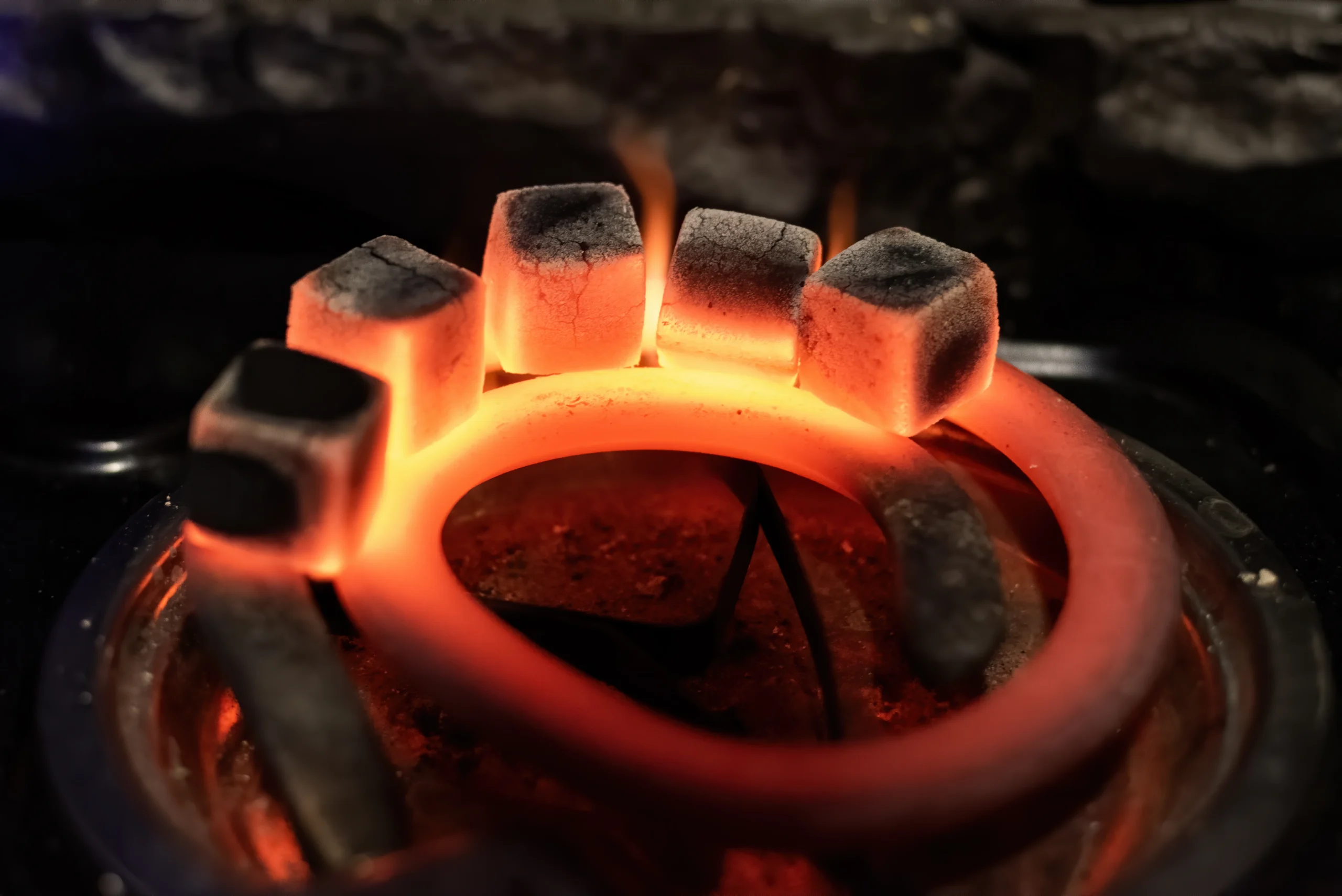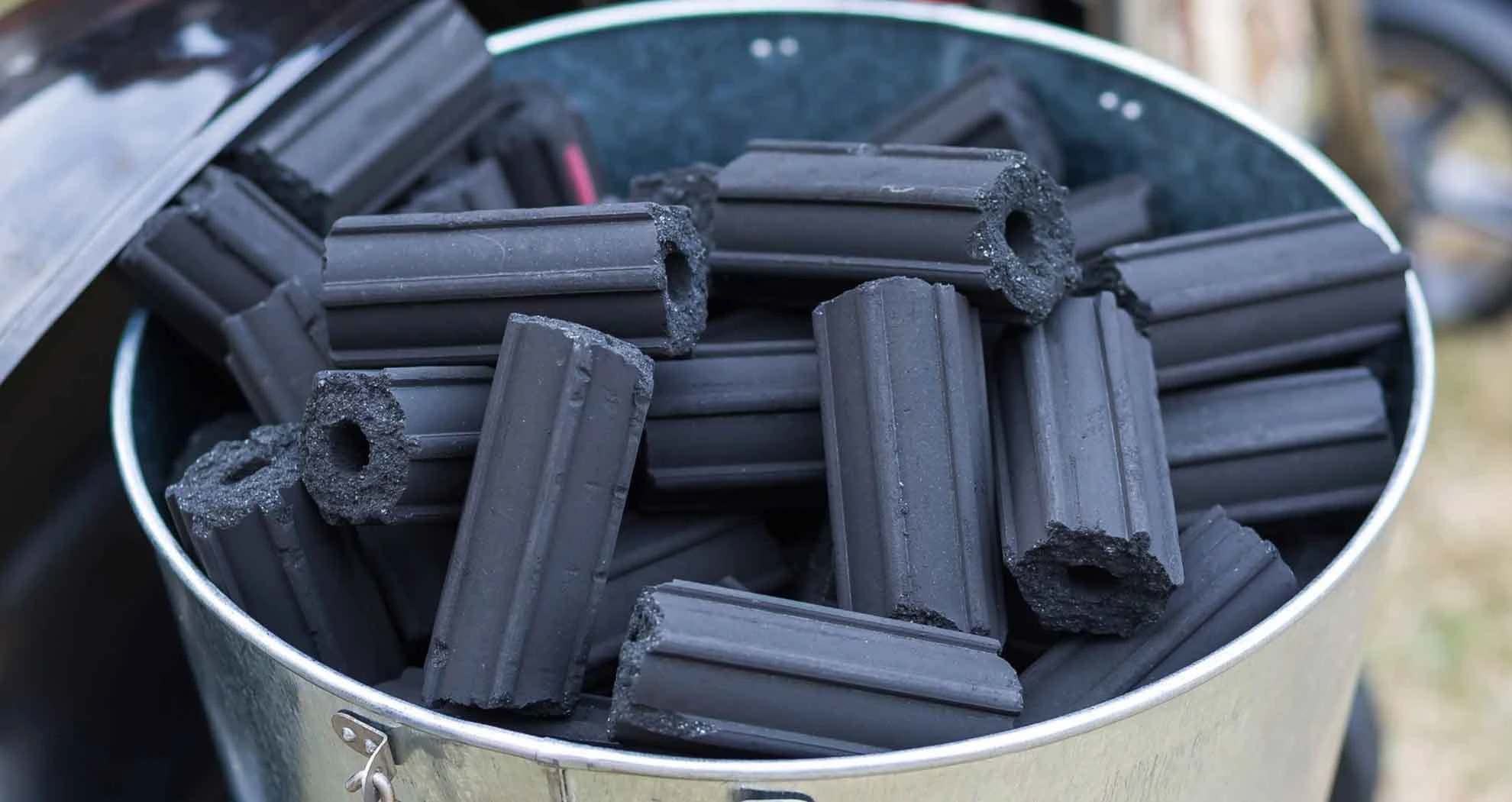Economic Benefits of Coconut Shell Charcoal Briquettes for Indonesia and the Global Market
November 4, 2024

As the world’s second-largest coconut producer, Indonesia holds immense potential in developing the coconut shell charcoal briquette industry. This commodity not only supports the domestic economy but also has significant competitive advantages internationally as an eco-friendly alternative fuel.
This article will e
xplore the economic benefits of coconut shell charcoal briquettes for Indonesia and their opportunities in the global market, including how this industry generates employment, supports environmental sustainability, and boosts foreign exchange earnings.
1. High Export Potential as a Commodity
Indonesia has vast coconut plantations, offering an abundant supply of coconut shells as raw material for briquettes. This makes Indonesia one of the largest exporters of coconut shell charcoal briquettes globally, with primary markets including Europe, the Middle East, Asia, and the United States.
As an eco-friendly commodity, coconut shell charcoal briquettes are increasingly popular in a global market that is moving toward green energy. These briquettes are considered a cleaner alternative to fossil fuels and even wood. With rising global demand, Indonesia’s coconut shell charcoal briquettes present bright economic prospects, expanding export opportunities further.
2. Source of Foreign Exchange Revenue
The export of coconut shell charcoal briquettes significantly contributes to Indonesia’s foreign exchange revenue. As global demand for eco-friendly energy products rises, the potential for Indonesia’s briquette exports continues to grow. In addition, the competitive market prices make this product highly attractive in many countries.
This industry not only increases national income but also attracts foreign investment. International investors are eager to collaborate with local producers, ultimately contributing to technological advancement and production capacity in Indonesia.
3. Job Creation in Rural Areas
The production of coconut shell charcoal briquettes does not require advanced technology, making it easily manageable by communities in rural areas. From collecting coconut shells to carbonization and briquette molding, this industry offers extensive job opportunities for local residents, especially in coconut-producing regions such as Sumatra, Kalimantan, Sulawesi, and Bali.
Numerous coconut shell charcoal briquette factories have been established in rural areas, helping create jobs and improve the welfare of local communities. This industry also opens opportunities for small and medium enterprises (SMEs) to participate in the supply chain, both as raw material suppliers and as briquette producers.
4. Promoting the Use of Coconut Shell Waste
Indonesia generates millions of tons of coconut shells each year, much of which is still considered waste. The coconut shell charcoal briquette industry enables this waste to be transformed into a high-value product with demand in both local and international markets.
By converting coconut shell waste into briquettes, this industry supports circular economy principles and reduces organic waste in the environment. This is not only beneficial for the environment but also economically profitable. The increased value of this waste makes coconut shell charcoal briquettes an effective solution that supports environmental sustainability while boosting income for both communities and the nation.
5. Reducing Dependence on Fossil Fuels
Coconut shell charcoal briquettes are a natural, eco-friendly fuel compared to fossil fuels like petroleum and gas. Their use can help reduce carbon emissions and slow climate change. In many countries, especially those with strict carbon emission standards, coconut shell charcoal briquettes are a popular alternative due to their lower emissions and cleaner air impact.
In Indonesia, promoting the use of coconut shell charcoal briquettes can reduce dependence on fossil fuels. The use of these briquettes in households and commercial sectors supports the government’s renewable energy targets, which in turn can reduce domestic fossil fuel subsidies.
6. Enhancing Indonesia’s Image as a Green Product Supplier
Coconut shell charcoal briquettes are environmentally friendly products aligned with global commitments to sustainability and carbon emission reduction. With growing global awareness of environmental issues, green products produced ethically and sustainably carry high market value internationally.
Indonesia, as one of the largest producers of coconut shell charcoal briquettes, has the potential to enhance its image as a supplier of green products supporting sustainability. This branding not only boosts market demand for briquettes but also opens doors for other green products from Indonesia.
7. Potential for Product Diversification
In addition to being used as fuel for cooking or heating, coconut shell charcoal briquettes also have potential for product diversification. Variations such as cube, hexagonal, and other shapes can attract different market segments, including for recreational or restaurant needs.
The demand for high-quality coconut shell charcoal briquettes, particularly in the Middle East and European markets for shisha or hookah purposes, is substantial. This diversification allows producers to develop products according to various market needs, increasing sales value and expanding target markets in both commercial and domestic sectors.
Conclusion
Coconut shell charcoal briquettes are a strategic commodity that provides significant economic benefits for Indonesia and the global market. As an eco-friendly energy source, these briquettes not only support sustainability but also increase national income, create jobs, and attract foreign investment. The utilization of coconut shell waste for briquettes supports circular economy principles and contributes to carbon emission reduction, further enhancing the appeal of this product in international markets.
Related blogs
edit post

How to Use Coconut Shell Charcoal Briquettes for a Tastier and Healthier BBQ
4 days ago
Read more
edit post

The Role of Coconut Shell Charcoal Briquettes in Carbon Emission Reduction in the Industry
4 days ago
Read more
edit post

Tips for Storing Coconut Shell Charcoal Briquettes to Ensure Longevity and Quality
4 days ago
Read more
edit post

Advantages of Coconut Shell Charcoal Briquettes Compared to Wood Briquettes and Regular Charcoal
4 days ago
Read more
